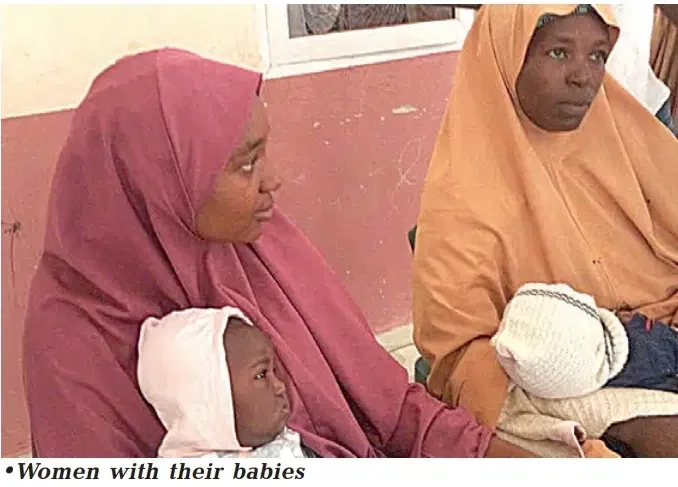
Omugwo, a traditional Igbo practice where a woman's mother or mother-in-law comes to live with her for a period of time after childbirth to assist with childcare, household chores and provide emotional support for the new mother, has been a cornerstone of Igbo culture for centuries. This practice has also been adopted by various cultures across Nigeria and beyond.
However, some Northern women, especially in Bauchi State, have long maintained a distinct cultural practice that emphasises independence and autonomy. For generations, Bauchi women have chosen to reside in their own households, separate from their sons' wives. This cultural practice has sparked curiosity and interest, highlighting the diversity of cultural practices in Nigeria.
Mothers speak
Mothers, who spoke to Arewa Voice, revealed that Bauchi women's preference for separate residences stems from a deep-seated respect for their daughters-in-law autonomy and independence. By not living together, mothers-in-law and daughters-in-law can avoid potential conflicts and maintain a healthy, respectful relationship.
Hajiya Hassana Mohammed, a mother of three, shared her perspective on Bauchi's childcare practices.
She said: "We in the North have a different approach to caring for our new mothers and their babies; that has been in practice since the beginning of time. Bauchi women have unique childcare practices and traditions that are rooted in our culture. We are not familiar with the Igbo practice of Omugwo, and we do not see the need for it. Not that the Igbo Omugwo is bad; we just like to respect our space."
Hajiya Hassana explained that Bauchi women invite their daughters to the family house for support and care after childbirth. "This is our cultural heritage, not a rejection of our sons or their wives. As Muslims, women, especially grandmothers, value their independence and space."
Maimuna Samaila, another mother, highlighted the importance of community support in Bauchi's childcare practices. "Our mothers don't come to us; we go to them. That's our culture. If it's impossible to relocate to our parents' or in-laws' house, we rely on our neighbours and friends for support. Most of us survived that way."
Maimuna shared her personal experience of relying on community support after giving birth to her first child in Maiduguri. "I like the Igbo Omugwo; it's a beautiful thing to see a grandmother travel to care for her grandchild. However, my culture is my culture, and I am proud of it. We can do things differently, and it will still be unique and beautiful."
Bauchi State's rich cultural heritage, with traditions and customs predating colonialism, emphasizes the importance of maintaining family ties and respecting one's relatives. As Bauchi State continues to evolve and grow, this cultural practice remains an essential aspect of the state's identity and heritage. The Omugwo tradition and Bauchi women's independence highlight the diversity of cultural practices in Nigeria. While the Igbo Omugwo emphasizes intergenerational support and community bonding, Bauchi women's independence reflects their unique cultural heritage and values.
The Omugwo tradition and Bauchi women's independence serve as a reminder of the richness and diversity of Nigerian cultures. It is crucial to preserve and celebrate these cultural practices, ensuring that they continue to thrive for generations to come.

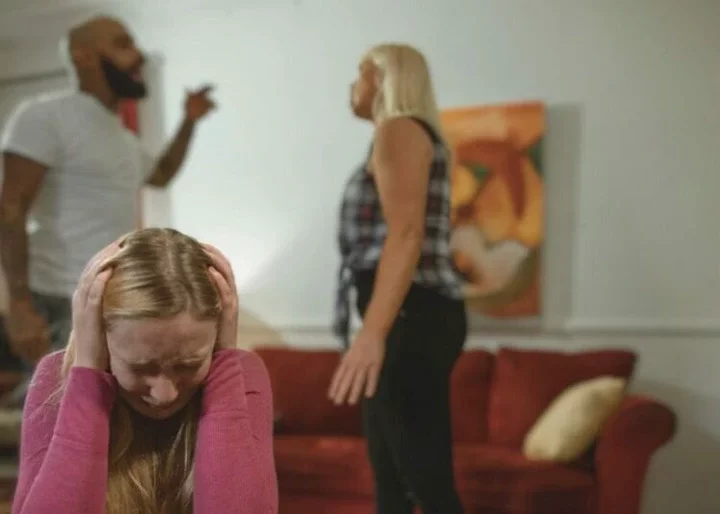


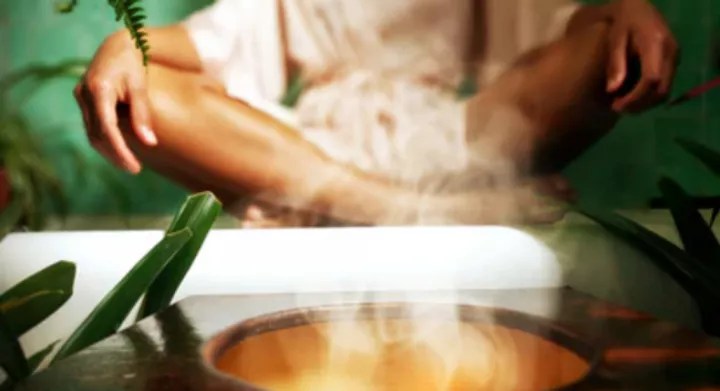

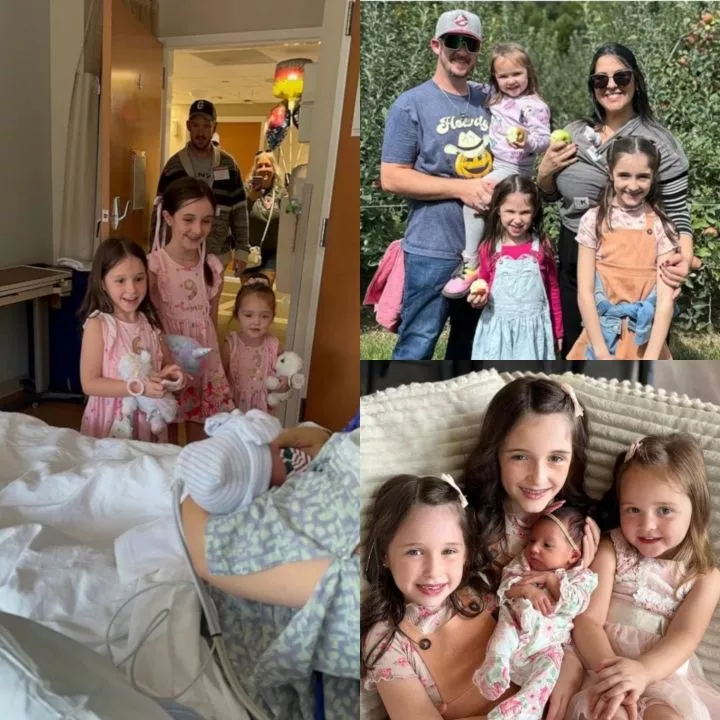

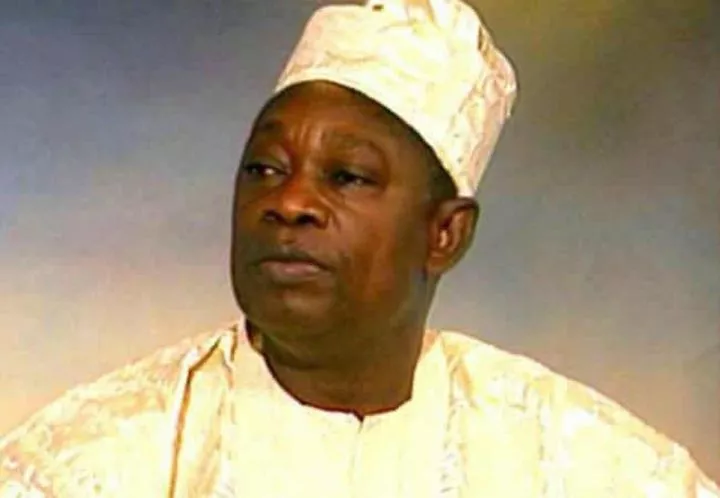




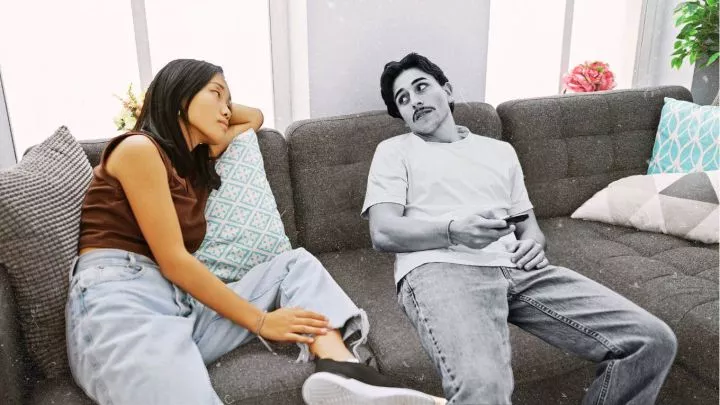

Comments